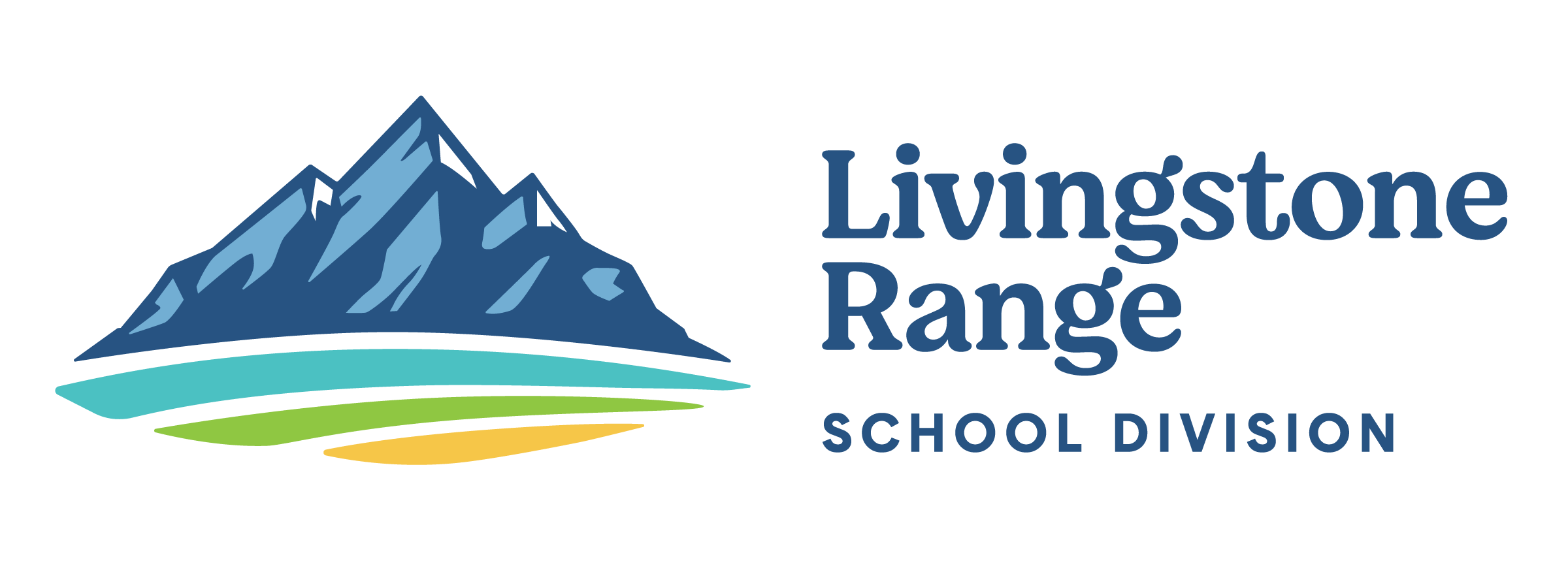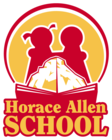Family School Liaison Counsellor (FSLC)
Along with the whole of the Livingstone Range School Division, Horace Allen School offers a Family School Liaison Counselling program to students, families and staff to primarily support health, wellness, and academic success at school. Our FSLC is Karen Manzer. She has a Master of Counselling degree from the University of Calgary and is a Certified Canadian Counsellor with the CCPA (Canadian Counselling and Psychotherapy Association). She provides the following:
- short-term counselling to individual students particularly with areas of concern affecting their social, emotional, academic or behavioural success at school;
- advocating for parents/guardians and student needs to HAS staff, agencies etc
- linking families to agencies and resources;
- speaking with parents/guardians and facilitating family meetings to support student wellness
- supporting whole classroom development by speaking to classes, bringing in guests, or facilitating social-emotional programming;
- facilitating student groups to develop social skills;
- observing and interacting with students in the classroom, building, and outside;
- supporting the Individual Student Plan (IPP) or Behaviour Support Plan (BSP) process;
- co-leading the investigating and positive support planning for threats or worrisome behaviours.
All of Livingstone Range School Division’s (LRSD) FSLCs are supervised by the Clinical Team Lead, Holly Stewart, who is a registered psychologist in Alberta. Counsellors meet monthly to consult and to gain professional development.
Students and parents can access Karen by contacting her in person at the school, requesting her support via the teacher, or by phone or email. Her office is on the second floor just across from the Music room. She shares her time between Horace Allen School (age 3 to grade 3) and Isabelle Sellon School (grades 4-6 in Blairmore). She can be contacted directly by text or call at her work cell: 403.563.0067, or email: manzerk@lrsd.ab.ca, or through the HAS main line: 403.563.3998. She looks forward to supporting students, parents/guardians, and staff to find wellness and academic success.
What Happens When a Student Needs Support?
If a student contacts Karen directly, she will meet briefly with that student to understand what the concern is. Some issues may require very little in the way of soothing, or suggestion for friendship skill etc. and the parent or teacher may or may not be notified. If the concern appears larger, after this conversation, Karen will communicate possible needs and suggestions with the teacher, and also contact the parent/guardian(s) to inform them. If the parent desires ongoing support from Karen, she will discuss what consent entails and invite them to a face-to-face conversation where possible. Parents will sign a consent form for counselling services, and goals and potential strategies will be discussed. Parents and students can always change their minds and opt out of these services by contacting Karen. If it appears that the student’s needs are beyond what our FSLC program can offer by the way of time, intensity, or competence, Karen will refer the family to other agencies, services or resources.
If a parent/guardian contacts Karen directly, Karen will determine with the parent what the concerns are and potential ways she can support the student and family. This person will need to be a legal guardian in order for Karen to discuss the child’s needs. Typically, the parent will need to make arrangements to meet with Karen at HAS or in the community in order to sign the Consent Form for counselling services. The parent usually is offered the choice for Karen to have the child come into her office for an individual visit, or for parents to participate in more of a family meeting in person in the FSLC office with the student, parent(s) and Karen.
If a teacher/administrator refers a student to the FSLC program, and that student is in immediate need of support (example, is crying or very angry), Karen will offer brief support, and then contact the parent afterwards to inform them of the situation and determine next steps. Otherwise, if the student is not in immediate need, Karen will consult with that staff member about their concerns, and then contact the parent/guardian to ascertain if they would like her support, and go from there.
Benefits and Risks of Counselling
Counselling provides many benefits for the student including relief at sharing their concerns and having an advocate to communicate their needs to peers, staff, and parents; gaining social and academic skills etc. Risks of counselling include having some uncomfortable thoughts or feelings come up; a staff member at the school now knowing more details about the private life of the family etc.
How Private is the FSLC support? Where is Confidential Information stored?
FSLC counselling files are stored in the FSLC office in a locked filing cabinet. This file is only accessed by Karen or her clinical supervisor. If the student transfers to another school in Livingstone Range School Division, that file may or may not be given to the next FSLC for ongoing support. FSLCs in our division consult with each other about transferred files in order to support the success of that student. If it is not passed on to the next FSLC, it is submitted to the LRSD Central Office’s confidential counselling filing system and shredded after ten years past that student’s graduation year. If a student transfers to another school that is not in our division, that file will be stored in LRSD Central Office and not passed on to that new school. FSLCs can only speak to a new school division’s teachers/administrators or counsellors with the consent of parents/guardians. If a student transfers to a new school division, and an administrator or counsellor wishes access to information that may be found in the FSLC file, such as concern about worrisome behaviours, they may request a conversation with the LRSD Clinical Supervisor who will determine what information can be shared.
Any information that Karen receives from the student or family is only shared with HAS staff on a need to know basis to support the success of the student, for example, death in the family or medical diagnoses etc. She determines what are small or large concerns. Small concerns shared by the student are not necessarily shared with the parents. Larger concerns are shared with parents and the adults that Karen determines will be a support, including parents, teachers, education assistants and principals. Karen believes that parents and families are the most effective resource to partner with in planning together for the wellbeing of students, and encourages family meetings in her office or in the community.
If any information is shared by students, parents or staff or community member that indicates emergent risk of physical or emotional danger to the student or anyone else, Karen is legally obligated to report this information to the appropriate authorities. Any information of neglect or abuse of any child under the age of 18 or a senior citizen must be reported by law to CFSA (Child and Family Services Authority) and may also require contacting RCMP. While Karen ensures she maintains communication with parents about the progress of their child, parents/legal guardians who want to access her file notes may have access via a FOIPP (Freedom of Information and Protection of Privacy) request through the Clinical Supervisor at Central Office. As well, file notes may be subpoenaed by a court of law.
Sometimes in order to better support a student, consultation with the larger team of professionals who care for the student’s health, which may include their doctor, mental health therapist, specialist etc may be needed. Karen will only share information with them with parent consent.
What are the Rights of the Student or Legal Guardian?
The student and parent/guardian(s) have the right to ask questions at any time in the counselling process. They have the right to refuse any technique or activity they do not wish to engage in. They have the right to stop receiving counselling at any time, upon notifying Karen.
What if the Student or Legal Guardian has a Complaint or Concern?
These may be discussed directly with Karen. In addition, you may contact the Clinical Supervisor, Holly Stewart (stewarth@lrsd.ab.ca).
What if the FSLC Cannot Help the Student or Family?
If the presenting concerns require supports for a longer period of time than Karen can accommodate with her schedule. or it becomes apparent that more specialized services are needed, Karen will try to find contact information for other professionals that may be able to help. If her schedule is such that she can only accommodate the priority of student mental/emotional/behavioural needs that are affecting their academic success at school, and if the student’s needs pertain only within a home environment, Karen may offer ideas to use in the home and refer to other agencies that the family can access for support.

